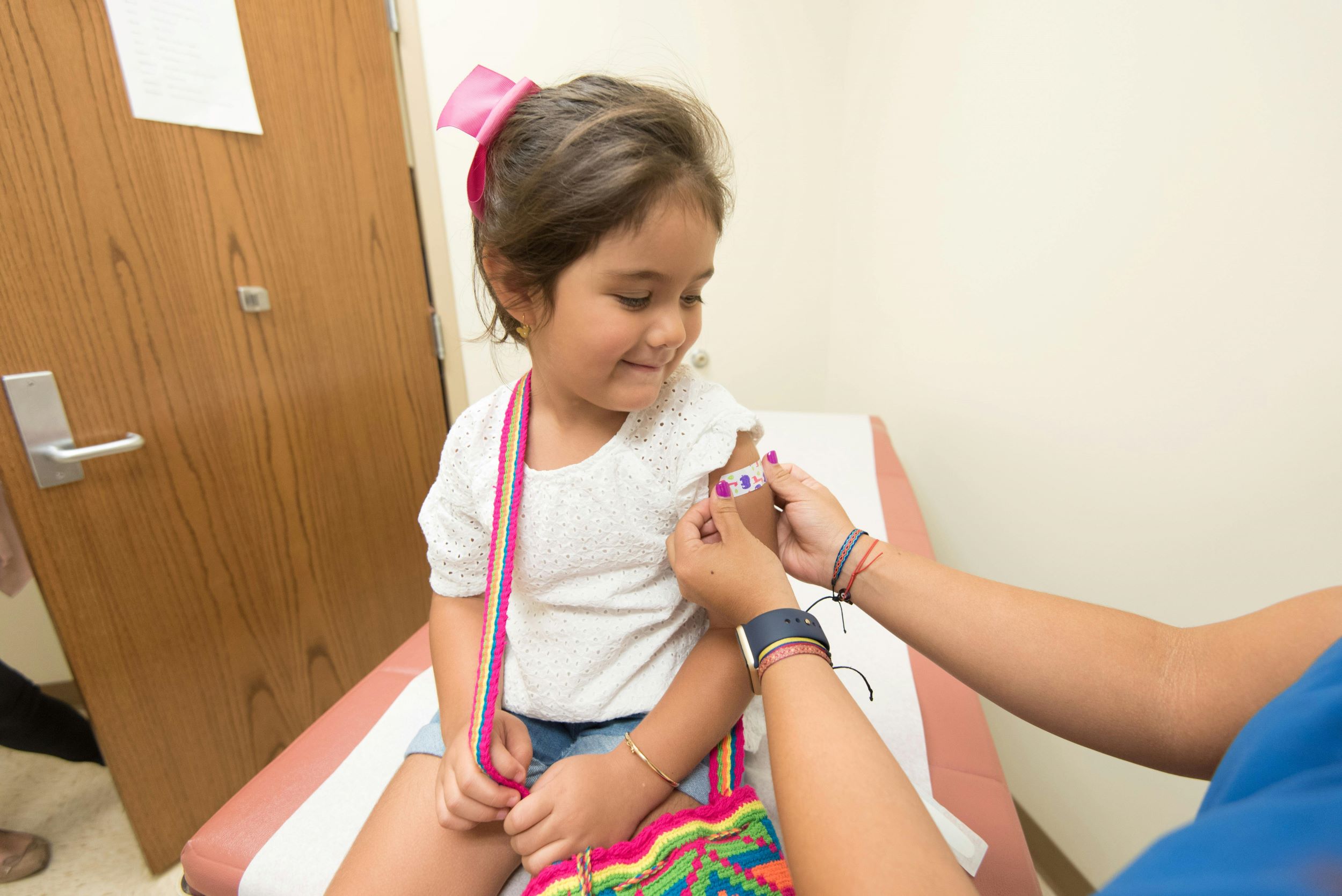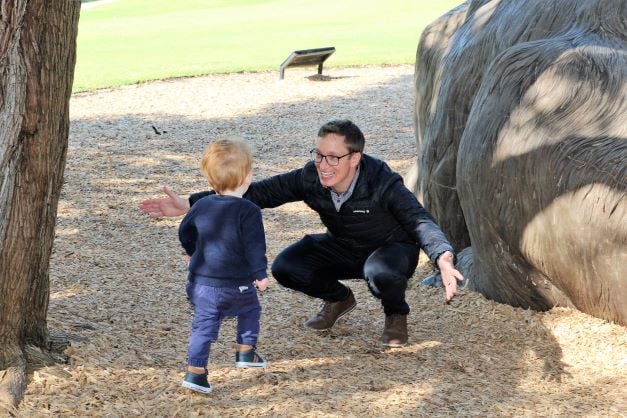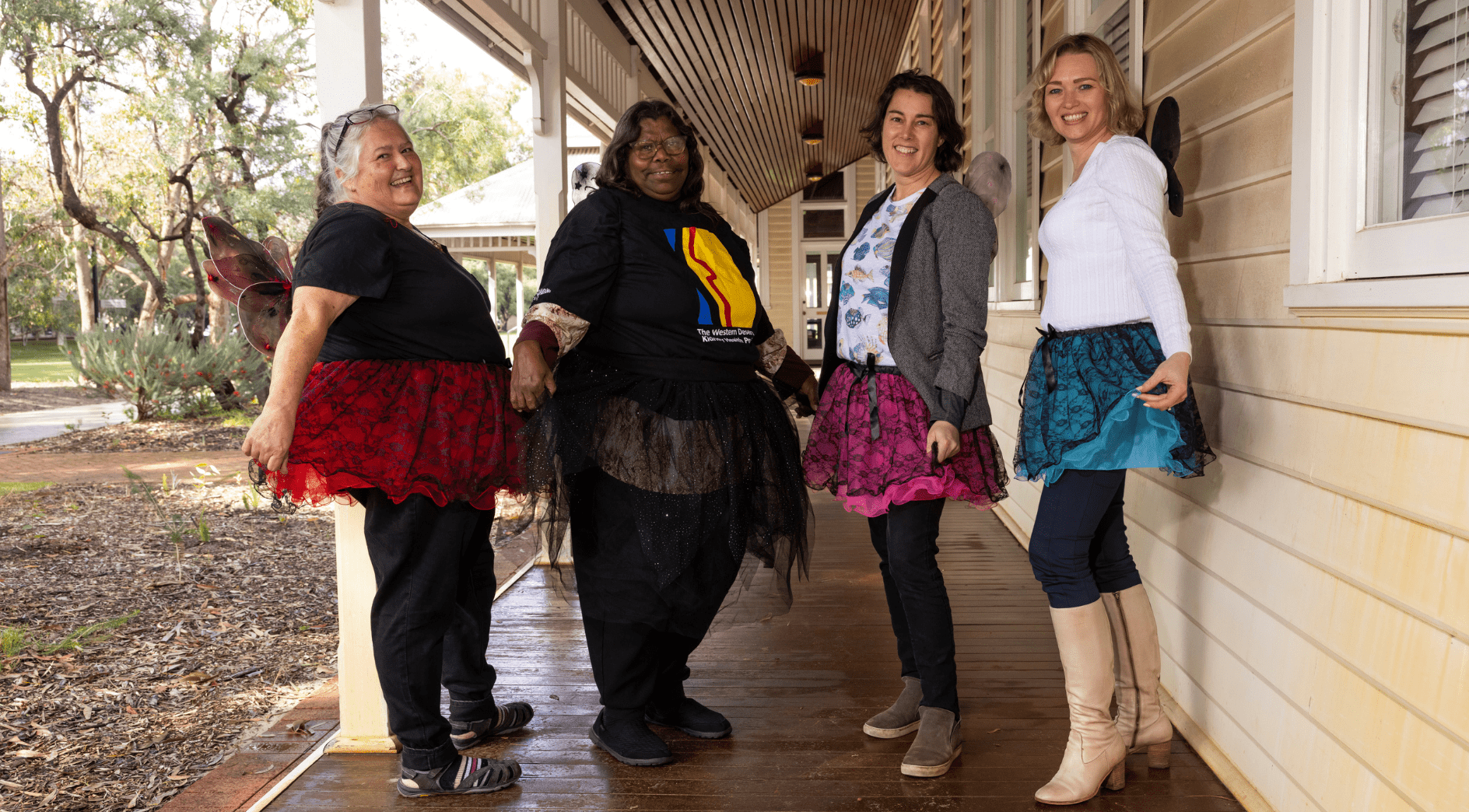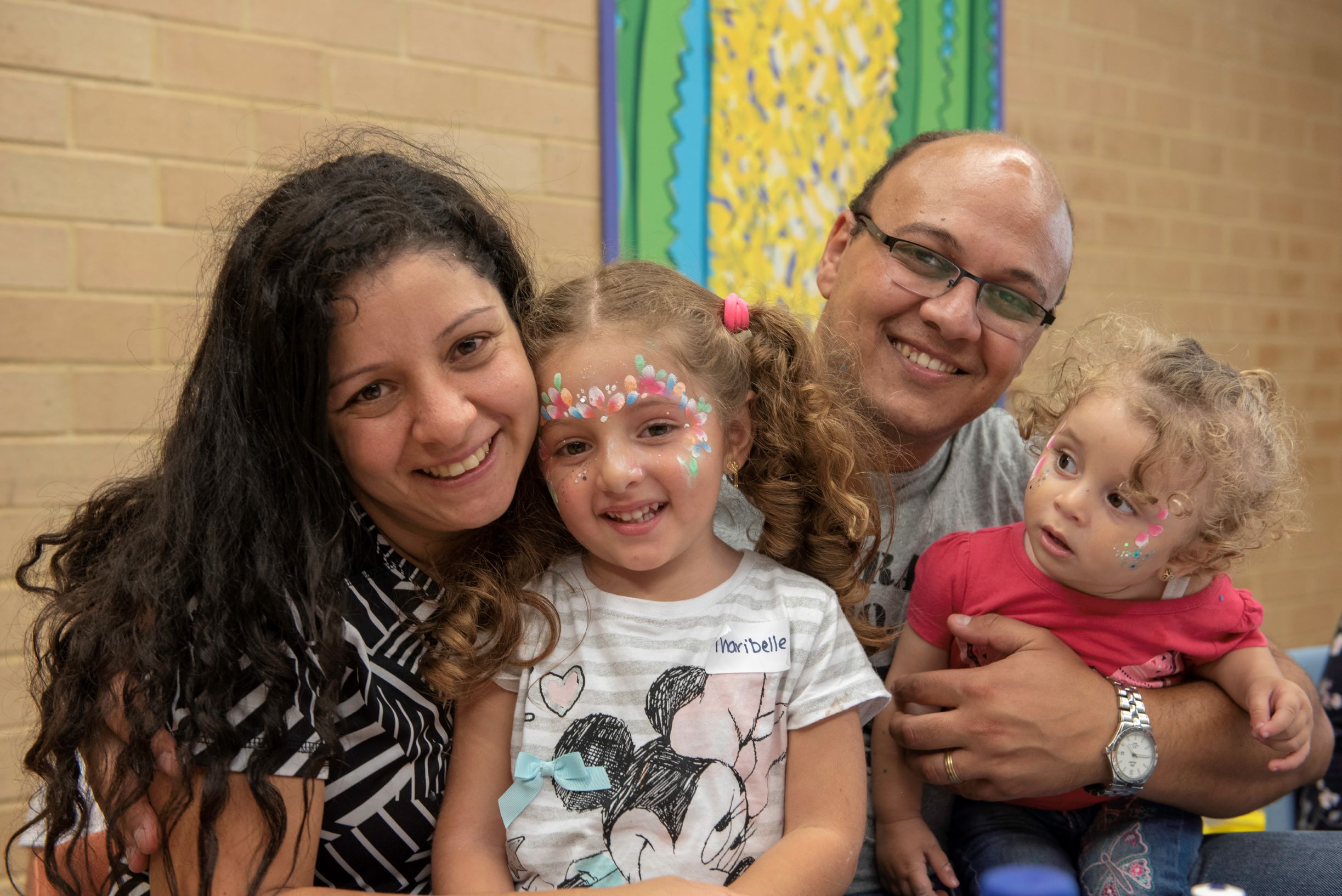Search

Enhancing psychological wellbeing in families from pregnancy to infancy

Reviewing the development and wellbeing of children, prior to them commencing kindergarten

Exploring whether urinary ferritin can be used as an alternative biomarker for measuring iron status in young children over blood draws.

This study examines the impact of nutrition-related maternal, infant and childhood health outcomes and healthcare utilisation.

This study is aiming to investigate how sun exposure and time outside impacts the health of your child’s eye and eye growth, over a period of rapid growth in their lives.

The BioMood project will study how following a Mediterranean diet during pregnancy affects the gut microbiome, metabolism, and inflammation, with the expectation that it will promote a healthier microbiome and better mental health.

Supporting healthy tummies in bubs

Exploring the challenges to mental and physical health fathers face during their transition to parenthood.

This Australian-first study will simultaneously identify childhood exposure to heavy metals in regional and remote communities and provide these communities with training in drinking water quality, STEM and dental hygiene.

An outline of ORIGINS sub-projects by name
